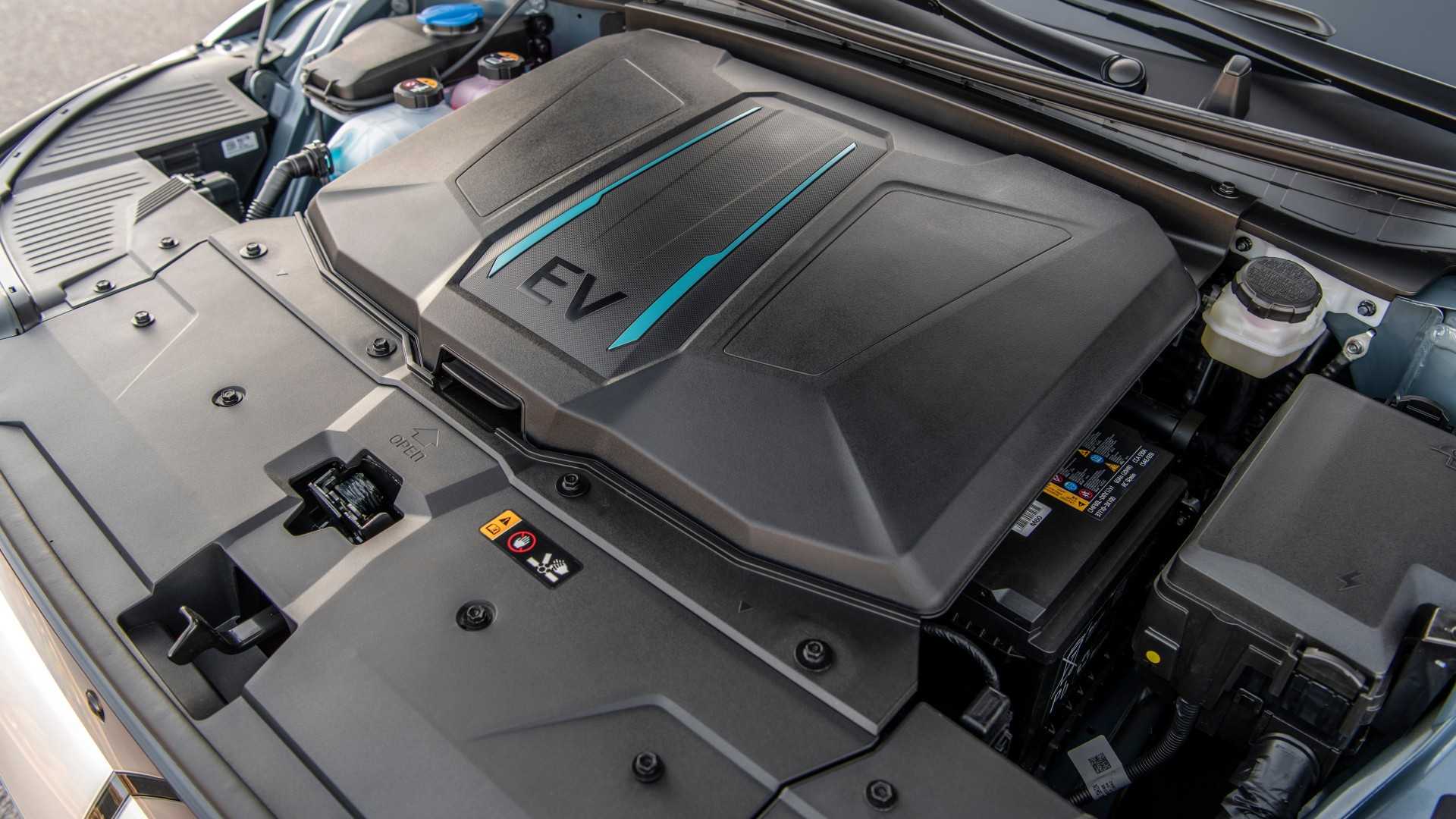Some Hyundai Ioniq 5 owners are complaining that the 12-volt batteries on their cars are draining for no apparent reason.
If you check the InsideEVs Forum, there are several submissions from Ioniq 5 owners who experienced this problem, the earliest one from July 2022.
Basically, these owners state that their 12-volt battery – the one under the hood that powers all the electronics, screens, windows, door locks and so on – will drain to a point that the car will no longer operate.
Obviously, that’s not pleasant and can leave owners stranded because they can’t even get access inside the car – or if they can, the car won’t turn on.
Fortunately, Hyundai seems to have found the causes for this problem and some solutions. The news was broke by one Ioniq 5 owner on his YouTube channel, The Ioniq Guy, who said in a recent video (embedded above) he was contacted by a Hyundai PR representative with an update from the engineering department.
We were able to verify the PR statement from his video with Hyundai for accuracy and learn some more, so here are the main takeaways. The automaker says the 12-volt battery drain has been caused by two different unrelated issues.

Hyundai Ioniq frunk plastic lid and 12-volt battery
The main one is “overactive unauthorized Bluelink use by 3rd party apps that is waking up the car too often.” Basically, unauthorized third-party Bluelink apps are requesting information too frequently from the Ioniq 5. Each time that happens it wakes up the vehicle, causing significant draw until it goes to sleep.
While the drive battery has enough energy to recharge the 12-volt battery multiple times, the battery saving mode cannot keep up with hundreds of even thousands requests per day – The Ioniq Guy says the PR rep told him some of the vehicles were seeing as many as 5,000 Bluelink requests per day.
According to Hyundai, the 12-volt battery drain issue has been resolved since January 31 by limiting Bluelink server traffic to 20 transactions per day. In addition, certain problematic unauthorized apps were blocked by the server, although their name was not disclosed. Customers were also informed to change their Bluelink password.
Now, while most vehicles are solved since January 31, Hyundai says some came back and required 12V battery replacement for failing to take charge after the battery was dead too many times or for too long before January 31.
The second cause that’s not covered in the video but was communicated to InsideEVs is something Hyundai calls “EV Light On with DTC P1A9096 ICCU related.” To solve this issue, the Integrated Charging Control Unit (ICCU) and ICCU fuse have to be replaced.
Now, some vehicles that only had the ICCU fuse replaced also incurred Diagnostic Trouble Code P1B77 (high voltage error in the battery pack) as a result of ICCU failure. DTC P1B77 cases required the Power Relay Assembly (PRA) in the EV battery to be replaced as well.
Hyundai also told InsideEVs that a rumor going around on forums lately about the ICCU campaign in Korea for coolant leak being possibly related and causing the above issue is false.
“Fact: Not related. The Korea issue pertained to an Inverter Coolant Low Warning light on, not an EV Light On issue. It only applied to vehicles before 4/23/21 Production. Above issues have not been specific to such mfg period.”
If you own a Hyundai Ioniq 5 – or a Kia EV6 or Genesis GV60 which are based on the same E-GMP architecture – and encountered 12V battery drain issues please share your experience in the comments section.

